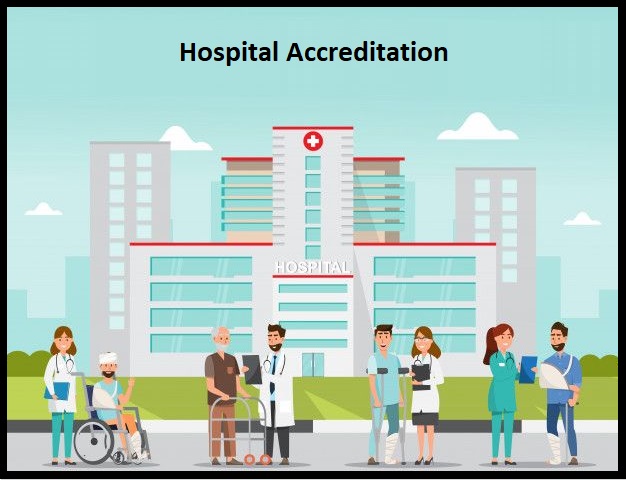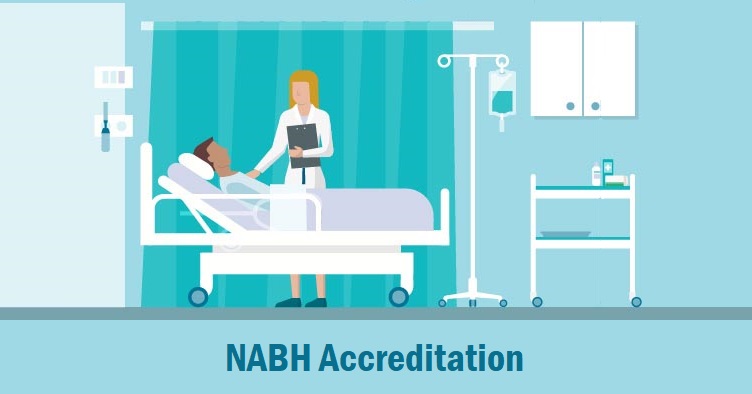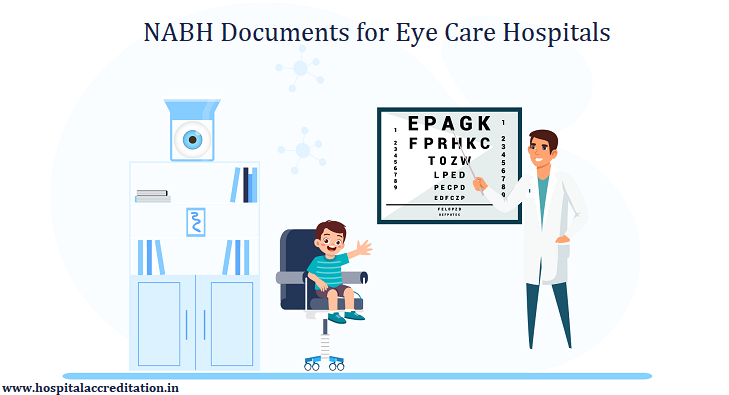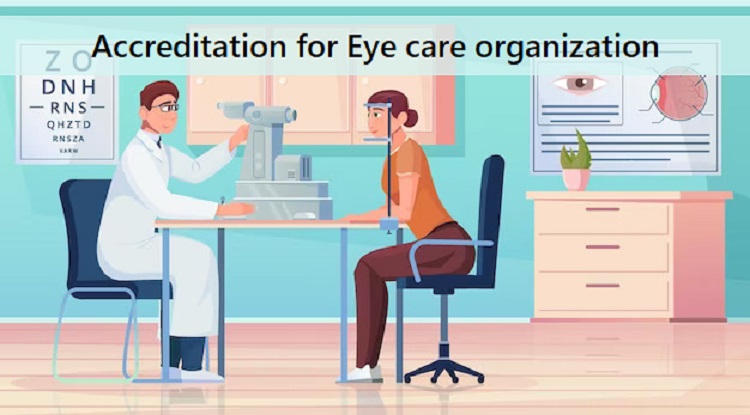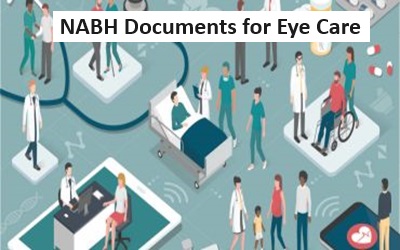
The main focus of NABH is to establish the accreditation standards and guide the healthcare organizations to deliver safe, effective and high-quality healthcare services. Accreditation by NABH signifies that a medical facility satisfies specific quality standards and gives stakeholders and patients confidence in the organization’s dedication to high-quality care and patient safety.
Notable aspects of NABH include:
- Standards for Accreditation
- Enhancing Patient-Cantered Care
- Quality management
- Accreditation Procedure
- Education and NABH Awareness Training
- Recognition
- Constant Observation
- Diverse Standards
- Enhancing the Global Recognition of the Healthcare Ecosystem
Application Process for NABH Accreditation for Eye Care
Applications for NABH Accreditation for Eye Care Organizations must complete a thorough application procedure with multiple phases and requirements for the organization to be considered for NABH’s high standards. The application process is broken down into detail below:
Step 1: Eligibility Check: First you have to check the whether your organization meets the NABH accreditation eligibility criteria. The eligibility criteria include:
- Having been in operation for at least three months before applying for accreditation;
- Being a duly established body with a valid registration or licence to operate as an eye care organization
- Having followed the NABH Eye Care Guidelines for at least three months before submitting an accreditation application
- Ensuring that there are enough nurses, technicians, ophthalmologists, and optometrists on staff
- Obtaining 200 or more outpatient visits each month
- Having a facility that meets the FMS standards of NABH and is operational and well-equipped
- Having protocols in place for quality and safety management, medicine administration, infection control, and patient record-keeping
Step 2: Application Form Submission: Once you complete the eligibility check you can download the application form for NABH accreditation for Eyecare. The form requires you to fill in the information about your organizations, facilities, staffing, policies and procedures.
Step 3: Application of Fee Payment: After filling out the application form you need to pay the application fees. The application fees vary on the type of organization and size of an organization.
Step 4: Application Assessments and Review: After receiving your application form and fees NABH accreditation team will review your submission to ensure its complete or not.
Step 5: On-Site Evaluation: If your application passes the preliminary evaluation, NABH will arrange for an in-person evaluation of your company. A team of assessors will visit your facility, see how you run, talk with staff, and review your NABH documentation for eye care to verify compliance with NABH standards.
Step 6: Accreditation Decision and Assessment Report: The assessors will draft a comprehensive report describing their observations, conclusions, and suggestions after the on-site evaluation. The NABH Accreditation Committee will analyse the report and ultimately decide whether or not to provide accreditation to your organization.
Step 7: Certificate and Accreditation Grant: You will receive an official notification and an accreditation certificate if your organization is approved for accreditation. The accreditation is only good for three years, after which your organization has to reapply for accreditation.
Extra Things to Think About:
- Throughout the application procedure, consultants and representatives of NABH are available to offer advice and assistance.
- It’s best to begin the application process as soon as possible to give yourself enough time to get ready and take care of any potential problems.
- Being accredited by NABH is a great way to show the world how dedicated your company is to patient safety and quality.


